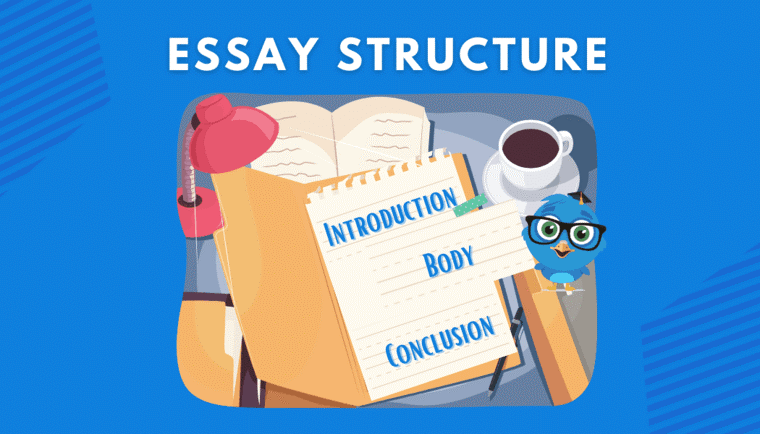Free Courses Sale ends Soon, Get It Now


Free Courses Sale ends Soon, Get It Now


Approach to the Essay Paper of the UPSC CSE

Essay is one paper for which many aspirants do not really prepare much. It is also the only paper where huge fluctuations happen in Test Series marks.
But it’s utility
Syllabus
After the change in UPSC Syllabus in 2013, one has to write 2 essays in 3 hours on diverse topics, contrary to what was earlier a single essay in 3 hours. The instructions mentioned in the UPSC Essay Paper are clear and expect the aspirants to keep their thoughts close to the subject and arrange their ideas accordingly. The instructions in the UPSC Essay Paper further state that the credit will be given for effective and coherent expression of thoughts only.
|
UPSC Essay Paper Highlights |
Information |
|
Number of Essays to be Written |
2 |
|
Maximum Time allotted |
3 Hours |
|
Word Limit |
1000-1200 each |
|
Marks |
250 marks total; 125 each |
Qualities of a good Essay are:
|
Social Justice, Poverty |
Women |
|
Education |
Children, Youth |
|
Health |
Political Issues |
|
Judiciary |
Components of Democracy like Federalism, Decentralization |
|
Agriculture, Rural Development Socio-Economic Issues |
Media, Television and Cinema |
|
Indian Culture |
Environment,Sustainable Development Current Events |
|
Economy Energy Security |
Globalization,Urbanization, International Relations |
|
Administration |
Quote-based, Philosophical, Value-based |
How to write an Introduction:
How to write a Body:
How to write a Conclusion:
Exam hall tips
Link: https://www.iasgyan.in/toppers-answerscript
Reference books for Eassy
While it takes time to learn concepts for UPSC Prelims and Mains, the UPSC Essay Paper can be faced with sufficient practice of the trending topics. While writing the Essay Paper for UPSC, one needs to be updated with all the recent happenings and read the EPW, Yojana, or Hindu/The Indian Express editorials to present viewpoints. The books for Essay writing for UPSC provide the aspirants with an idea of how to approach the essay. Some of the popular books are:
|
List Of Best Essay Books for UPSC |
||
|
Book Name |
Author/Publication |
Highlights |
|
Essays For Civil Services |
Pulkit Khare |
This essay book for UPSC covers 40 descriptive & relevant topics asked in the UPSC CSE exam. Plus, it decodes the art of creative writing in easy steps. |
|
Selected Contemporary Essays For Civil Services |
Saumitra Mohan |
It is imbued with first-hand coverage of major socio-political & economic topics of Essay writing for UPSC. |
|
Mastering Essay & Answer Writing for UPSC Civil Services |
Dr. Awadesh Singh |
This thoroughly revised contains 27 new Essay chapters, 6 essay-type structural explanations, 30 Model Essays with several mindmaps, quotations, stories, poems, anecdotes, and 1 dedicated Philosophical essay chapter for best practice. |
|
151 Essays for IAS/ PCS & Other Competitive Exams |
Disha Experts |
This essay book for UPSC covers Static & Current Affairs topics focusing on Polity, Governance, Economy, Environment, and Social Development. Education, Culture, Science & Technology, Philosophy, etc. |
|
A Book of Essays |
Kalpana Rajaram |
This UPSC Essay book is an intellectually stimulating coverage of various contemporary facts and figures, a large selection of famous quotations and works of eminent personalities. |
|
Essay Paper for Civil Services Main Examination
|
Pavneet Singh and Sonali Bansal |
This Essay book for UPSC is divided into 4 sections - Basic introduction & paper pattern changes post-2013, powerful words & phrases, model essays, and short essays on the latest themes and questions. |
|
Essay book for civil services |
Apti plus |
This Essay book for UPSC has Basic introduction & paper pattern , words & phrases, model essays, and essays on the latest themes |
© 2024 iasgyan. All right reserved